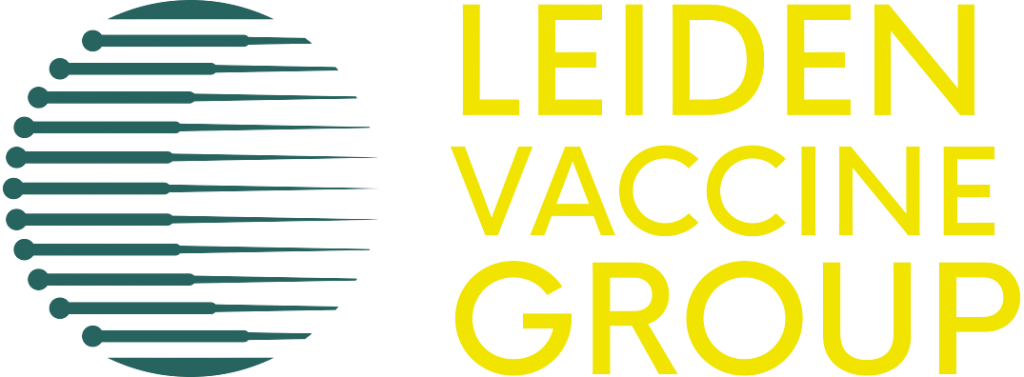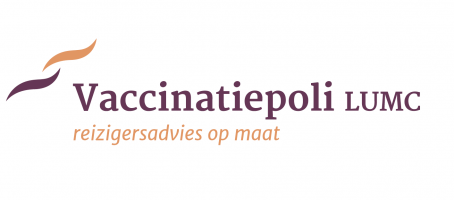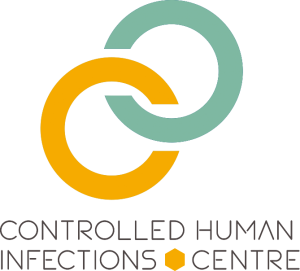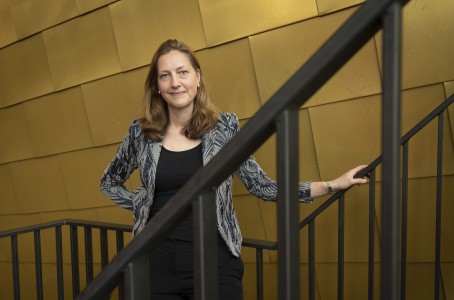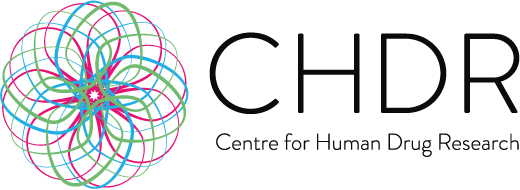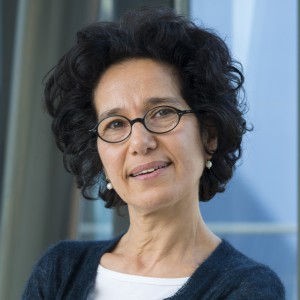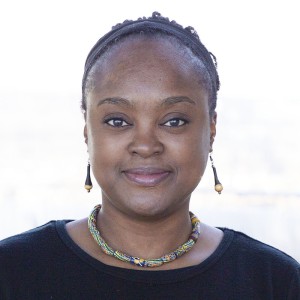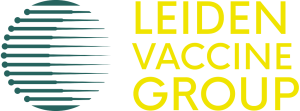
The Leiden Vaccine Group unites partners in the field of vaccine development in the Leiden area to accelerate vaccine development. Recognizing the importance of integration and alignment of knowledge and goals to create highly effective vaccines for generations to come is central to the Leiden Vaccine Group ambition. The group leverages knowledge from different partners to jointly bridge traditional gaps in vaccine development in industry and academia, creating an open innovation network.
Vision:
Vaccines to ensure healthy lives for all
Mission:
Accelerate, improve and promote the development and implementation of vaccines to impact global health

The vaccinatiepoli LUMC, situated at the heart of the LUMC academic hospital, is a hub for vaccine use and administration to a wide array of patients. Specialised in complex vaccine care, the vaccinatiepoli distributes vaccines to immunocompromised patients, long term travellers, allergic patients and provides vaccination advice to travellers, patients and their physicians from within the LUMC and the whole Randstad region.
With a top-notch quality system, the vaccinatiepoli LUMC can accommodate complex phase 1 or 2 clinical trials with novel vaccines as well as novel devices or administration schedules.
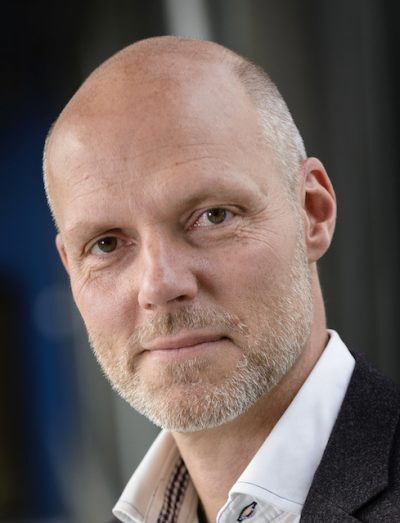
Professor Leo Visser
Infectious disease specialist
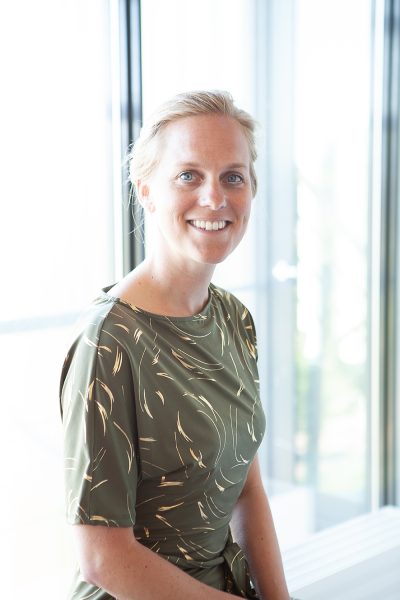
Dr. Meta Roestenberg
Head of Controlled Human Infection Center
At the Controlled Human infection Centre, a multidisciplinary team of researchers and physicians have developed and exploit a wide array of controlled human infection models to speed up vaccine development.
Within the CHIC there is the technical expertise needed to perform preliminary vaccine efficacy estimates with controlled human infection models, but also appreciate the complex ethical environment and the position of controlled human infections in the vaccine development pipeline.
Within the Centre for Human Drug Research, the development of new drugs and vaccines for novel, emerging infections or existing infections of global importance is one of the main therapeutic areas that the center is working on.
Using CHDRs state-of-the-art facilities, quality management and regulatory team, CHDRs infectious diseases therapeutic area is an important player in the field of infectious diseases early-stage clinical trials.

Dr. Ingrid de Visser-Kamerling
Associate director CHDR

Dr. Gideon Kersten
Professor by special appointment in vaccine development
At the division of Biotherapeutics the pharmaceutical aspects of vaccines and vaccination are studied. Biotherapeutics aims to develop:
- formulations for vaccines to improve efficacy, safety and stability,
- nanoparticulate delivery systems for antigens and molecular adjuvants
- improved and safer administration routes and devices
Within Biotherapeutics chemical, immunological and physico-chemical expertise and infrastructure are available to achieve these goals.
Controlled human infection models, in vivo/ex vivo murine and human models and functional assays are operational to investigate vaccine-mediated immune cell priming, effector mechanisms and immunological memory. Studied and employed vaccine platforms against numerous viral and malignant diseases consist of synthetic vaccines (peptide, protein, RNA, DNA) and live attenuated vaccines (adenoviral, VLPs, genetically modified sporozites). Molecular and cell-based technologies are available to aid vaccine research, as well as high-tech immunomics platforms to help identify the mechanisms of immunity and correlates of protection. In a collaboration with Centre for Human Drug Research (CHDR), Leiden Academic Center for Drug Research (LACDR), the Interdivisional GMP facility and the Academic Pharma theme, the LUMC is able to translate vaccine concepts into first phase clinical trial to demonstrate safety and immunogenicity in healthy volunteers or patients.
Mechanisms of vaccine-induced immunity
Within the Immunology department, the T Cell Regulation group headed by Dr. Ramon Arens is focused on deciphering the molecular and cellular regulation of T-cell responses and aims to use this knowledge to inform and improve rational design of vaccines and other types of immunotherapy against cancer and viral diseases. In addition, his group investigates the interplay of antibodies and T cells to confer vaccine-induced immunity. To dissect the mechanisms of effective immunotherapy, a combination of high-dimensional profiling techniques (spectral flow cytometry, single-cell RNA sequencing, proteomics, metabolomics) and molecular technology (CRISPR-Cas gene editing, MHC multimer technology) in murine and human model systems is used.
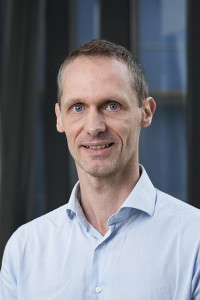
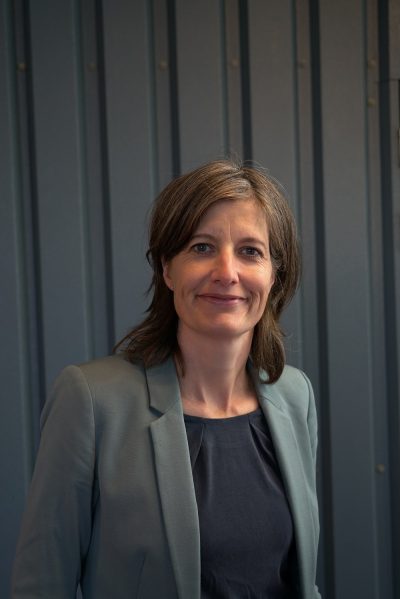
Dr. Simone A Joosten
Professor in Immunology at the Leiden University Medical Center, The Netherlands
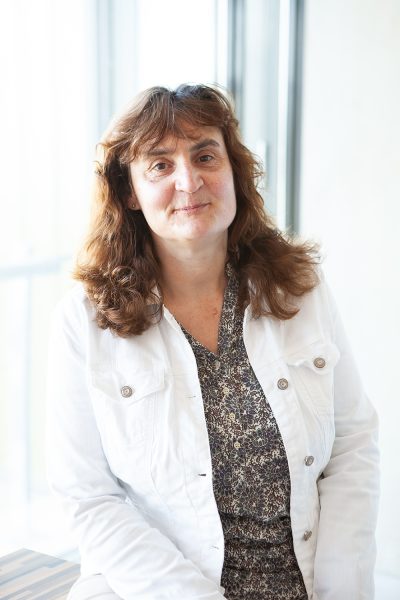
HypoVax Global Knowledge Hub
Vaccines have shown low and variable efficacy as well as immunogenicity across populations and geographical areas. Lower performance of some vaccines, which can be termed “vaccine hypo-responsiveness”, has been observed particularly in low- and middle-income countries (LMICs) compared to high income countries, as well as in poorer rural areas compared to richer urban areas within LMICs.
To better understand vaccine hypo-responsiveness, a knowledge hub focused on understanding variations in vaccine responses across geographical areas and populations is being established by Leiden University Center for Infectious Diseases in collaboration with global partners. The hub – HypoVax Global, aims to address the central question of why weaker responses to some vaccines are seen in some regions compared to others. The hub aims to bring researchers from around the world together to make connections and form a strong network. It is envisaged that the hub will be an avenue for members to share expertise, methodologies, experiments, equipment and data. The ultimate goal is to ensure that researchers working together find immunological and metabolic interventions to reverse vaccine hypo-responsiveness and ensure better vaccine performance worldwide.
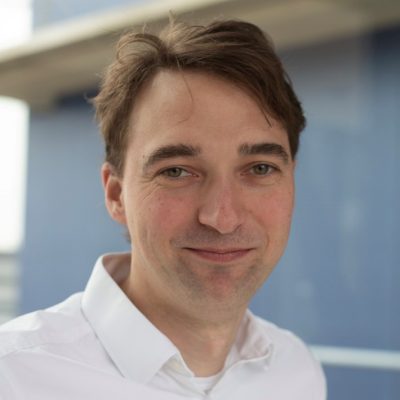
Dr. Simon Jochems
Interested in human immune responses to vaccines and infections
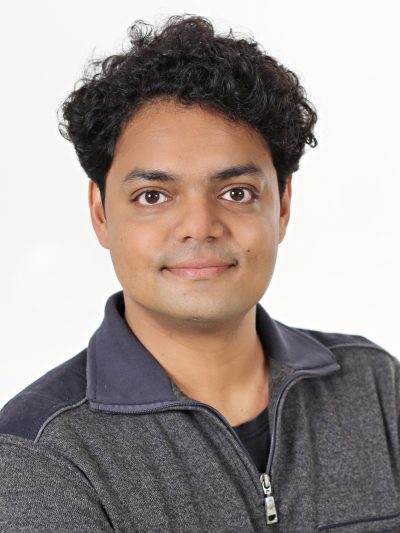
Dr. Rajagopal Murugan
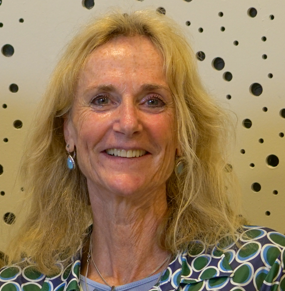
Prof. Dr. Annemieke Geluk
Chemist and Immunologist
Trained as a chemist and immunologist, Prof. Dr. Annemieke Geluk leads research within the Leiden University Center for Infectious Diseases, that is focused on detection and prevention of leprosy, a poverty-associated, infectious disease that is still a considerable health problem in low and middle income countries.
Our research includes large, randomized controlled BCG vaccination trials targeted at those at risk of developing leprosy in endemic areas involving clinical and immunological follow-up for more than a decade.
From these RCTs we have learned that immunoprophylaxis by BCG vaccination of household contacts of leprosy patients reduces the number of new cases, but can also cause rapid development of leprosy and even trigger leprosy reactions, the major cause of leprosy-related permanent nerve damage. Current research aims at identification of immuneparameters that pose risk factors for vaccination in Mycobacterium leprae exposed individuals.
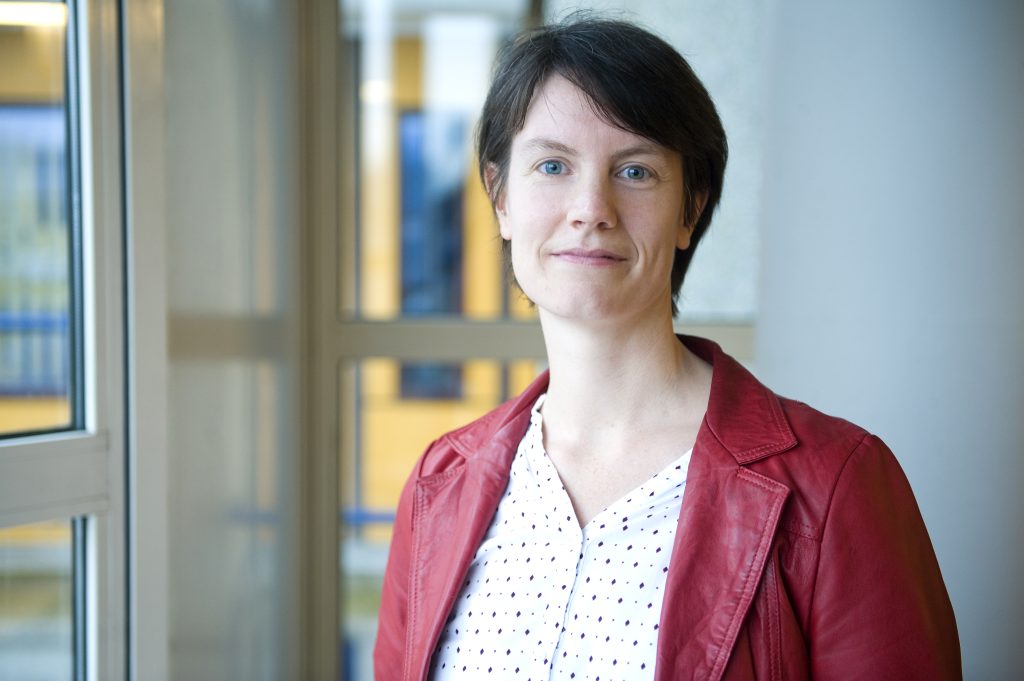
Dr. H. Jolink

Ir. Ronald Kompier MSc
Managing Director Vaccine Consultancy
Biotech Training Facility is a unique training center offering comprehensive theoretical and hands-on training in GMP, quality, and the development and manufacturing of biopharmaceuticals, e.g. vaccines.
The majority of our training courses take place in a realistic production environment, utilizing our fully equipped laboratories, cleanrooms, and technical areas. This practical approach enables participants to immediately apply their knowledge, making our trainings highly effective. Biotech Training Facility has a unique training style, featuring interactive workshops and educational games that add excitement to even the most theoretical topics.
Our training courses are aimed at professionals and students in various roles within the life sciences and health sector, including operators, laboratory staff, validation experts, QA professionals, QPs, auditors, inspectors, regulatory affairs officers, engineers, scientists, and vendors
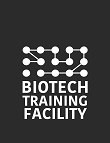

Ir. Ronald Kompier MSc
Managing Director Sichting Biotech Training Facility Leiden
Contact information
For more information please contact us by mail or contact form.
